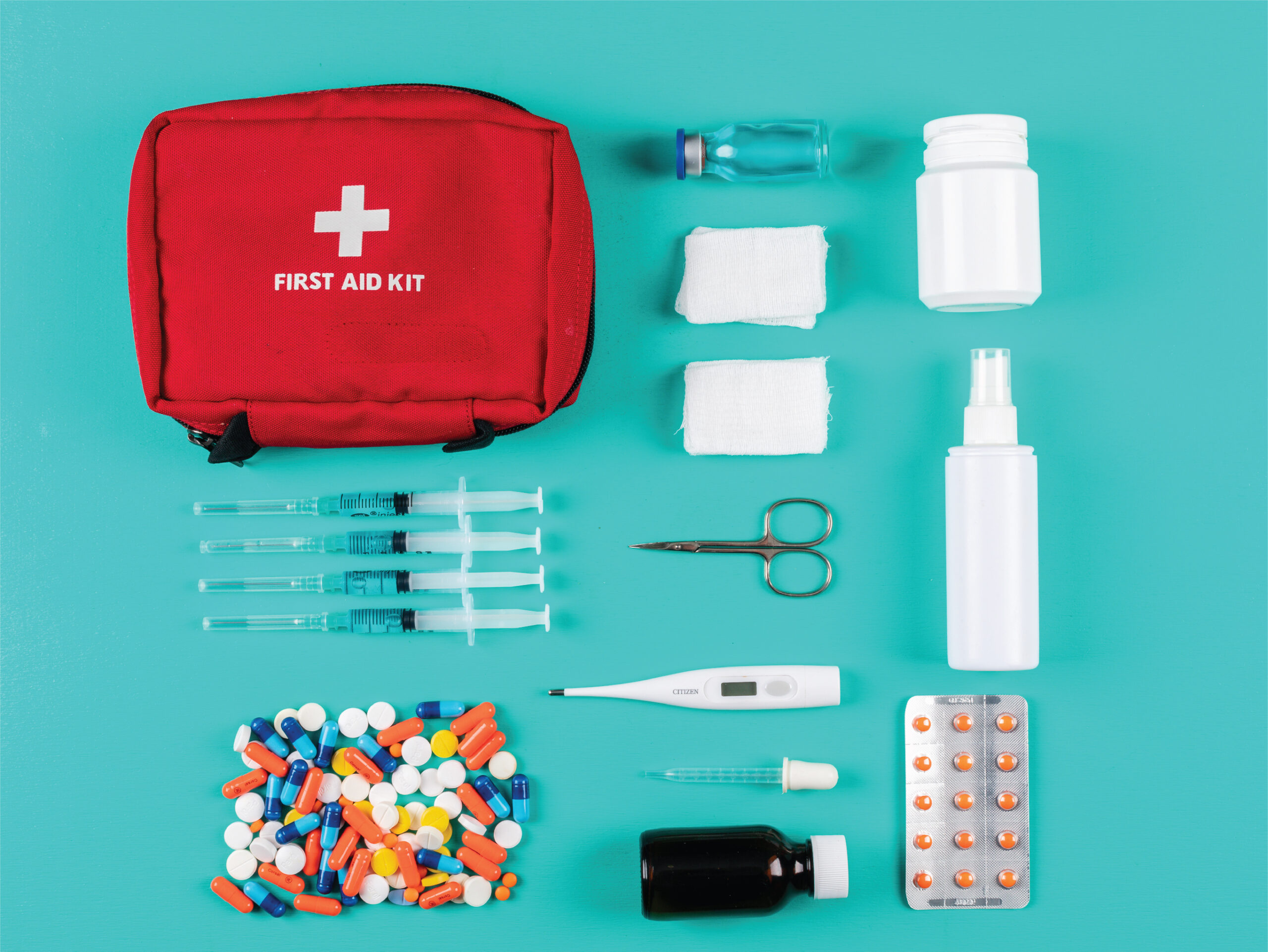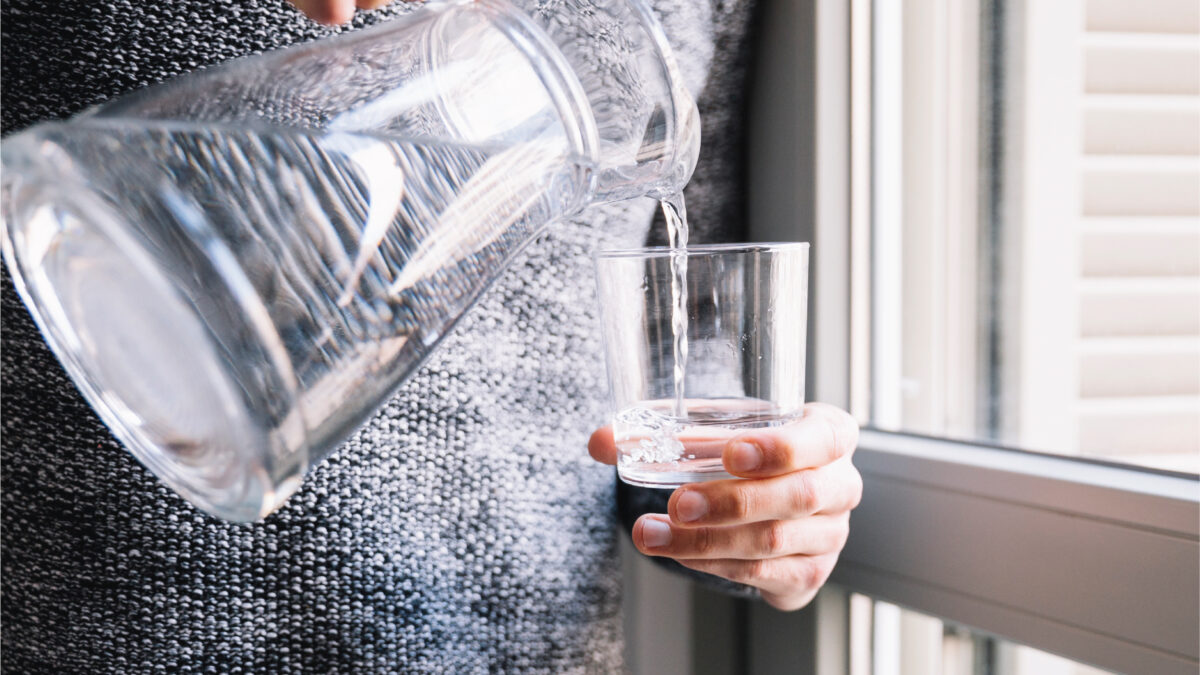
First Aid Tips To Deal With An Insulin Overdose
April 26, 2022
What You Need To Know About Late Night Snacking With Diabetes
April 26, 2022Excessive thirst in combination with a dry mouth is an indicator of high blood sugar levels. You may have diabetes without knowing it. If the diagnosis for diabetes is positive, you need to make alterations to your treatment plan.
What is Diabetes Thirst?
Excessive thirst in those with diabetes is known as polydipsia. It is common in both diabetes mellitus as well as diabetes insipidus.
Diabetes mellitus (which is classified as type 1 and type 2 diabetes) occurs when your blood sugar levels are extremely high for long durations.
Diabetes insipidus has got nothing to do with blood sugar levels. It is rare disorder that affects your kidneys as well as the hormones that make them work efficiently. This type of diabetes causes your body to produce copious amounts of urine, leading to frequent urination that ultimately dehydrates you.
Both frequent urination and high blood sugar can lead to severe, constant thirst.
Thirst in Diabetes
Insulin helps the body to use glucose for energy. When there is lack of insulin, excessive glucose or sugar builds up in the blood.
Kidneys play a backup role. They work additionally hard in absorbing and filtering that excessive glucose.
They may further pass some of that glucose out of the body in the form of urine. When that happens, it pulls fluids from other tissues of the body. This entire process can leave you dehydrated and thirsty.
Risk Factors of Polydipsia

Besides being severely annoying, excessive thirst can lead to dangerous health complications.
- Dehydration
Prolonged dehydration can lead to nausea, headaches, fainting, and dizziness. Dehydration can lead to a decrease in the urge for urinating, which prevents your body from eliminating blood glucose through urine. When this happens, there is a spike in blood sugar levels.
- Uncontrolled High Blood Glucose
Regardless of undiagnosed diabetes or poorly controlled diabetes, high blood glucose puts your entire body at risk. Successful management of diabetes means lowering the risks of diabetic complications such as heart disease, stroke, kidney disease, damage to the nerves, eye disease, sexual disorders, and urinary bladder problems.
Treatment of Diabetic Thirst
When diabetes is the primary cause of your thirst, successful management of diabetes is the first step to obtain relief. A positive diagnosis of diabetes is the initial step followed by coming up with a diabetes treatment plan.
- Medications
Diverse types of diabetes need diverse treatment plans. When it comes to type 1 diabetes, you will need to intake insulin multiple times in a day or, alternatively, use an insulin pump, which delivers the right amounts of insulin throughout the day. When it comes to type 2 diabetes, you would need medications if exercise and diet are not effective. One common drug for diabetes and thirst is metformin.
- Surgery
If you are extremely overweight or obese and have type 2 diabetes, you may opt for weight-loss surgery. Such a surgery will help you lose a significant amount of weight, attain normal blood sugar levels, and even say goodbye to your diabetes medications.
- Lifestyle Modifications
Consuming healthy foods and exercising each day can help in improving almost every aspect of your health, including diabetes. A diabetes educator or dietitian can assist you in developing a healthy eating plan that helps in successful tracking of carbohydrates, which will have a direct impact on your blood sugar. In addition, if you smoke, you need to quit as soon as possible.
- Relieving Dry Mouth
While you work to control your blood sugar levels, you may also want to opt for short-term strategies to obtain relief from a dry mouth.
- Chewing on sugar-free candy or chewing gum to help in generating more saliva
- Cutting back on caffeine
- Refrain from using mouthwashes that contain alcohol
- Sip water at regular intervals throughout the day
- Avoid the intake of over-the-counter (OTC) antihistamines and decongestants for treating colds and allergies.
- Use a humidifier in your bedroom to generate moisture in the air
- Try OTC saliva substitutes
- Do not smoke or chew tobacco
To Sum It All Up
Excessive thirst along with a dry mouth is a tell-tale sign of diabetes. This diabetes thirst is also known as polydipsia. Both high blood sugar and frequent urination can lead to polydipsia. The common risk factors for polydipsia include dehydration and uncontrolled high blood glucose levels. Diabetes thirst symptoms can be successfully managed by medications, surgery, lifestyle modifications, and obtaining relief from dry mouth.




